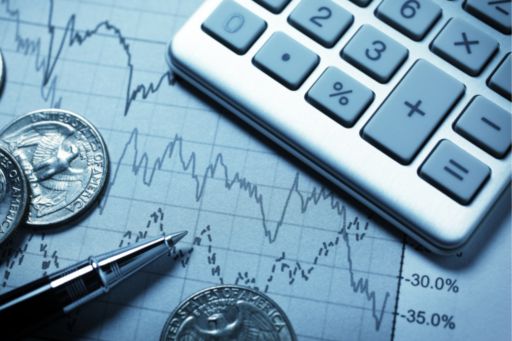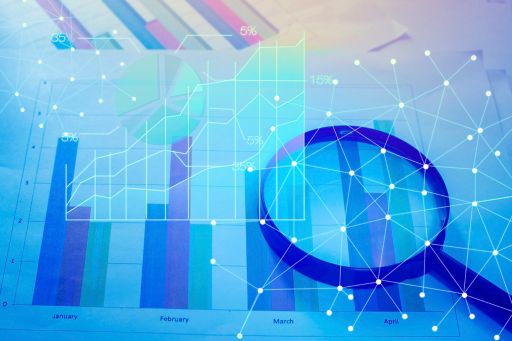The 2022 Budget has support for economic growth as its top priority and sets the stage for fiscal consolidation over the medium term. This Budget is once again a high deficit budget.
The K5.985bn deficit projected for 2022 is an improvement from the 2021 Budget and brings the deficit to GDP ratio to just under 6%. This challenging deficit budget is comprised of revenue of K16.19bn and expenditure of K22.175bn. This will increase the level of public debt (excluding valuation changes and outstanding arrears) to K52.765bn which is 51.9% of GDP. On a percentage basis, the planned revenue growth exceeds the expenditure increase by around 10% and is on the backdrop of an improving global market and commodity prices as the world emerges from the economic contraction induced by the COVID-19 pandemic.
Key Insights from the 2022 Budget
This Budget continues the primary themes from last year’s Budget, namely spend the money more wisely, raise revenues more fairly and finance debt more cheaply
Connect with us
- Find office locations kpmg.findOfficeLocations
- kpmg.emailUs
- Social media @ KPMG kpmg.socialMedia








